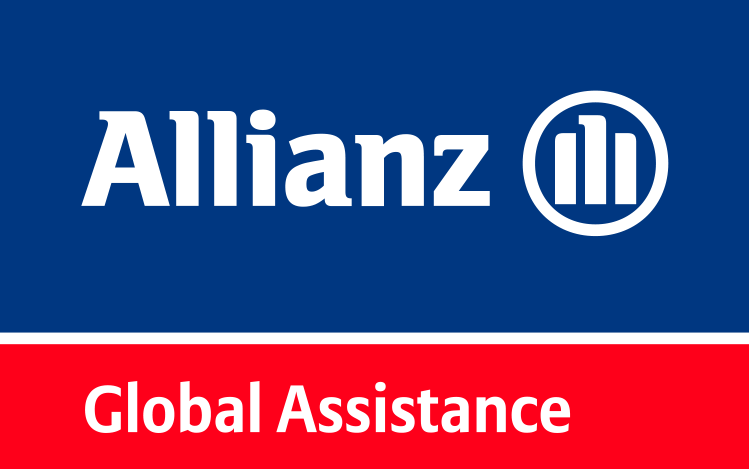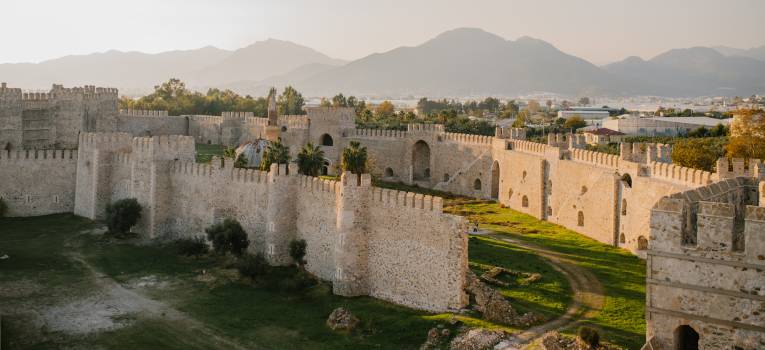Turkey is one of the world’s most popular tourist destinations, hosting over 30 million visitors every year.
It’s generally a safe destination for tourists, although tourism has suffered recently due to terrorist activity in the region and political protests in major cities. Official sources recommend being highly cautious, and to minimize the time spent in high traffic areas like shopping malls and transport hubs.
Talk to anyone who’s been to Turkey and chances are you’ll hear a tale about a pushy street seller or an inflated bill. Some of the classic scams to watch out for include:
- The Magic Carpet Ride - It seems like a bargain price for a genuine Turkish rug, but it’s either not genuine or the seller will fail to ship it to you.
- The Tour Trap - Major attractions have a plentiful supply of fake tour guides. Truthfully, some of these unofficial guides are quite knowledgeable and entertaining — until they pause mid-tour and demand a ridiculous fee.
- The Sales Magician - Did you hand that seller a 500 lira note, or a 50? Some vendors talk fast and their hands move even faster.
- The Euro-Lira - Tourists are quoted a price in Turkish lira, discovering later that they ‘misunderstood’ and that the bill is in the more expensive Euro.
Take care to choose a good provider if you plan to do any adventure activities in Turkey — even if it’s something ‘tame’ like paragliding or canoeing. Safety standards aren’t uniform, and you may come across providers that don’t have adequate safety procedures and equipment. Make sure you and your group are given a proper induction, and that appropriate equipment such as lifejackets and harnesses is available and in good repair.
Turkey is, unfortunately, in a region where there has been an increase in terrorist activity. There have been recent attacks on Turkish soil, including suicide bombings, in areas where there are Western tourists and businesses. The most volatile region is around the Turkish-Syrian border, but the
Canadian Government’s website warns that attacks can occur anywhere frequented by foreigners. Make sure to check official advisories before and during travel.
Generally, local roads aren’t built very well and Turkish drivers can seem rushed or erratic. Poor street lighting at night exacerbates the dangerous driving conditions, as do winter storms that affect parts of the country. If you choose to do your own driving, make sure you always buckle up and pay greater attention than you would back home.
Turkey is nearly a wholly Muslim country, which means the locals will be quite conservative compared to Western standards. In big cities, the locals tend to be familiar with foreigners and are more tolerant, but they still take their faith seriously. Tourists should dress modestly and avoid rowdy (and particularly drunken) behaviour. When visiting mosques and religious shrines, women are required to wear a head covering and the men must wear long pants rather than shorts.
Most of Turkey’s doctors and hospitals are concentrated in major cities, and services can be harder to find in other areas. The private hospitals tend to provide the highest standard of care and, unlike public hospitals, have a lot more staff who speak English. However, hospitals will usually demand upfront payment or proof of travel insurance before providing treatment.
Turkey sits within one of the world’s most active earthquake zones and has a history of devastating quakes causing widespread fatalities. While these major quakes tend to happen years apart, smaller and more regular tremors can temporarily knock out infrastructure and delay your travel plans. Also, the summer months can bring bushfires, particularly along the Aegean and Mediterranean coasts and in the Gallipoli Peninsula.
NOTICE: While the Information is considered to be true and accurate at the date of publication, changes in circumstances after the time of publication may impact on the accuracy of the information. We strongly recommend verifying the travel advisory of your destination prior to departure.
DISCLAIMER: While every effort has been made to ensure the accuracy of all information as at the date of publishing, Allianz Global Assistance does not accept liability for any errors or omissions. Allianz Global Assistance strongly recommends seeking the guidance of a professional travel agent/agency for further information on a specific destination. On your next trip, whether to another province or country, ensure you have travel insurance as it may assist you in cases of unforeseen medical emergencies and other types of mishaps that can happen while you travel. Travel insurance does not cover everything, please always refer to the policy document for full terms and conditions, including limitations and exclusions. Travel insurance is underwritten by CUMIS General Insurance Company, a member of The Co-operators Group of Companies, administered by Allianz Global Assistance, which is a registered business name of AZGA Service Canada Inc.



